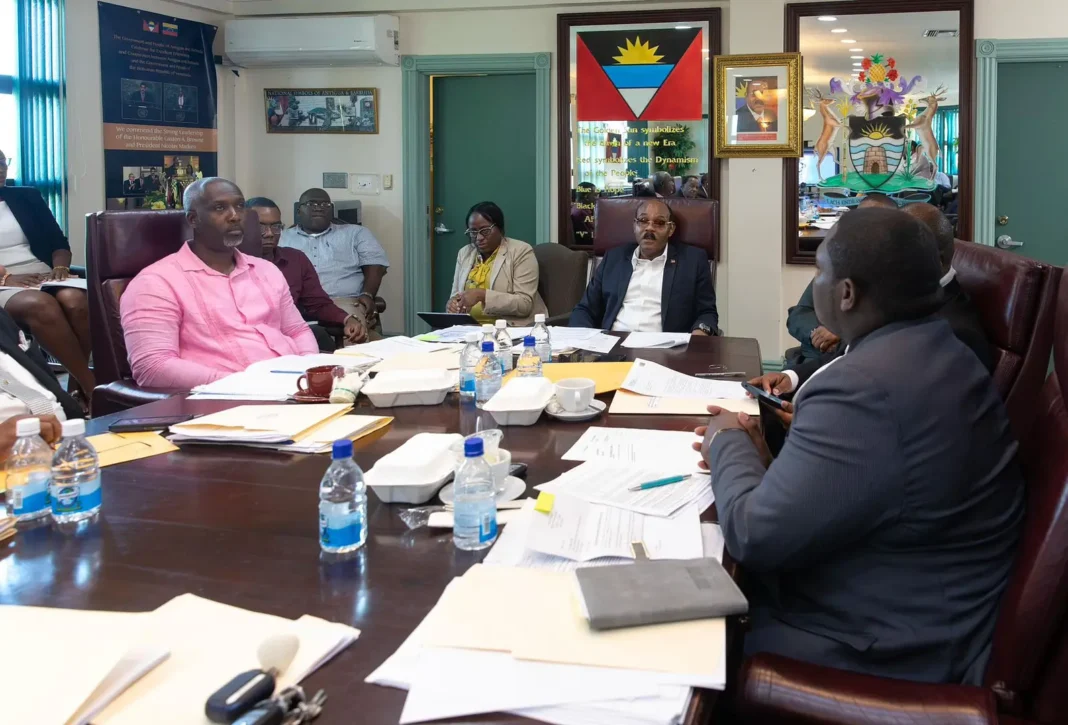By Sir Ronald Sanders
When Russian drones stalk civilians along Ukraine’s Dnipro River and Gaza’s hospitals lie in ruins under relentless bombardment, the world cannot pretend that these are distant crises. Yet the UN Security Council, which is entrusted to uphold global peace, is paralyzed by the self-interest of its veto powers, exposing its failure to fulfil both its mandate and its duty to safeguard humanity.
For small Caribbean nations struggling to build themselves in a world whose financial and trading architecture excludes their meaningful participation, such failures impose immediate costs. Among these costs are: rising energy costs, food insecurity, and the alarming precedent that might makes right. It is time for every voice, large and small, to rise in defence of law, humanity, and the UN Charter’s promise of global security.
Campaign of fear
Since July 2024, Russian forces have executed a coordinated drone assault across Kherson Province in Ukraine, killing nearly 150 civilians and injuring countless more. The UN’s Independent Commission of Inquiry on Ukraine found that these strikes targeted people going about daily life — fetching water, riding mopeds, and even boarding ambulances — using live video feeds to pick off victims with surgical precision. One witness described rescuers, who were tending to the wounded, being blown apart by a second strike. The Commission concluded that these were deliberate war crimes and crimes against humanity, designed to drive entire communities from their homes.
Yet when some members of the UN Security Council moved to condemn these atrocities, Russia vetoed the resolution, transforming the veto from a safeguard of human life into a license for impunity. Meanwhile, estimates put the number of Ukrainian and Russian deaths – military and civilian – at much more than 300,000 since the conflict started in 2022.
Gaza’s descent into collective punishment
Since the horrific attack on Israel by Hamas on 7 October 2023, Gaza has endured an unrelenting counteroffensive that has reduced whole neighbourhoods to rubble by the Israeli military. In the most recent atrocity, the UN reports that nearly 4,000 Palestinians—mostly civilians—have died under a blockade that cuts off food, water, and medicine. This adds to the more than 54,000 that had reportedly been killed before this latest cruelty. The UN Special Coordinator stressed that families are being “denied the very basics” and warned of looming famine. Hospitals and schools, even those sheltering the displaced, have not been spared. Calls for a ceasefire and unimpeded humanitarian access have repeatedly faltered on threatened or actual vetoes – each one a vote for further suffering.
The Israeli government said its action is to stop Hamas from “stealing aid”, which Hamas denies. Either way, civilians continue to suffer and perish.
When the Veto shields aggressors
The UN Charter gave its five permanent Council members “primary responsibility” for keeping the peace, not for shielding those who flout humanitarian law. Each self-interest veto of this kind is a blow to the rule of law, eroding the norm that civilian lives must be protected from direct attack.
Small States, big stakes
Caribbean nations live daily with the consequences of the Security Council’s failure to act. Rising energy costs sparked by conflict erode their budgets, threaten their food security, and stoke social unrest. Worse still, if veto-wielders can ignore mass atrocity, what protections remain for a small state that cannot count on the UN to safeguard its welfare? National sovereignty, territorial integrity, and individual human rights, which were hard-won through centuries of struggle, demand that small, developing states speak out, or risk standing by while these rights are trampled.
Commending the European Union
In the current climate of diplomatic paralysis, the European Union (EU) has recently shown rare courage in relation to the horrifying events in Gaza. EU High Representative, Kaja Kallas, declared that “Israeli strikes in Gaza go beyond what is necessary to fight Hamas” and rejected any aid distribution model that bypasses the UN, warning that “humanitarian aid cannot be weaponised”.
EU Commission President, Ursula von der Leyen, described recent attacks on civilian infrastructure as “abhorrent” and “disproportionate,” and Germany’s new chancellor publicly questioned Israel’s objectives. By suspending trade talks with Israel and reviewing its association agreement, the EU is sending a clear message: strategic partnerships must not eclipse human life.
Raising voices in unity
Like the EU, Caribbean Community (CARICOM) states need not wait for the UN Security Council to perform its duty. Their parliaments can pass motions demanding accountability; their foreign ministries can coordinate regional statements; their civil societies can keep Ukraine and Gaza in the public eye. When CARICOM states speak with one voice – rooted in their shared history of fighting for self-determination – they amplify the UN Charter’s promise that “representative democracy is indispensable,” and remind the great powers of their pledge to protect it.
A collective imperative
The UN Security Council veto was never meant to be a refuge for perpetrators. If left unchallenged, aggression becomes the new normal, spreading like a cancer until every nation feels its ruin. Now is the moment for Latin American and Caribbean states – and all who value stability – to demand that the Security Council honour its founding covenant. For if the rule of law dies in Ukraine and Gaza, it will be extinguished everywhere.
The nations of Latin America and the Caribbean – each forged in the foundry of oppression and steeled by ancestral struggles for liberty – must unmask every veto that shields atrocity, champion resolutions that protect civilians, and restore the Charter’s promise of peace and security.
The post UN Security Council fails Ukraine, Gaza and the World appeared first on Caribbean News Global.

